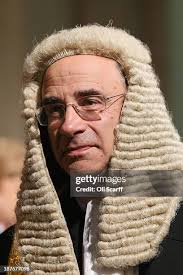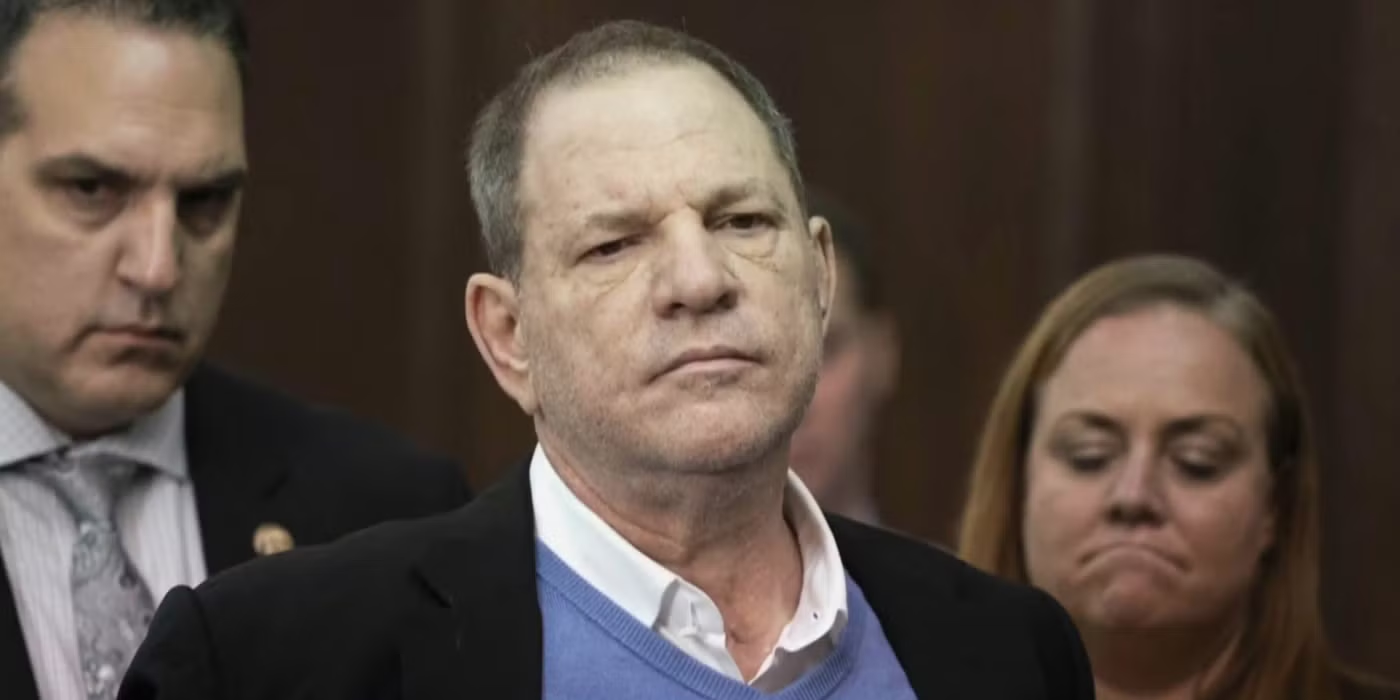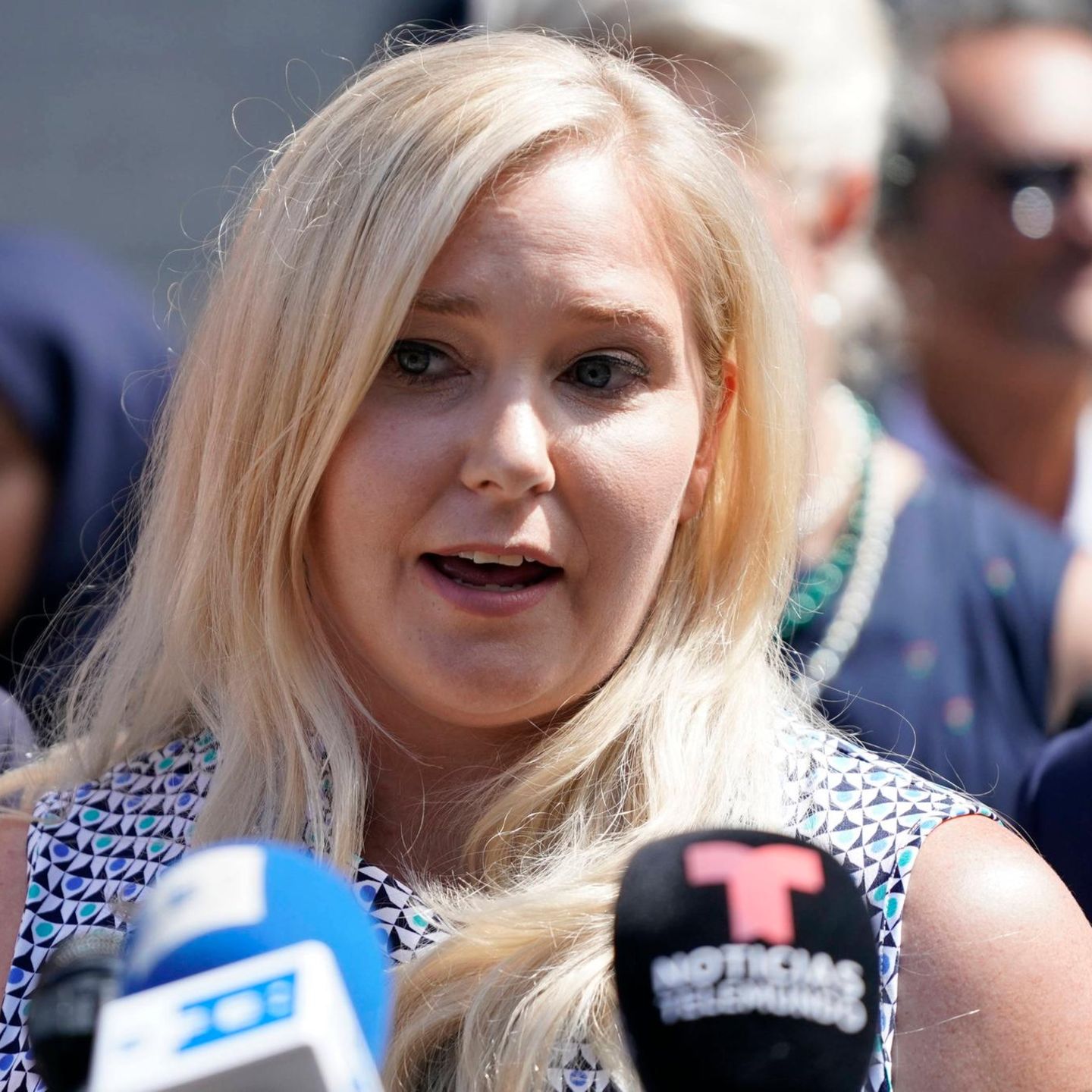
Introduction
The Brian Leveson Inquiry, initiated in 2011, remains a pivotal moment in the discussion of press ethics and regulation in the UK. Sparked by the phone-hacking scandal, the inquiry aimed to investigate the culture, practices, and ethics of the press. With ongoing debates about media accountability, the inquiry’s findings and recommendations continue to influence discussions around reforms within the UK media landscape.
Background of the Inquiry
Following revelations in 2011 about illegal activities, including phone tapping carried out by journalists, then-Prime Minister David Cameron commissioned the Leveson Inquiry to address these pressing issues. Aimed at examining the relationship between the press and the public, the inquiry sought to restore public confidence in journalism and promote ethical practices. Lord Justice Brian Leveson meticulously led the inquiry, holding public hearings and collecting testimonies from journalists, media executives, and the victims of tabloid excesses.
Key Findings and Recommendations
In November 2012, the inquiry released its report, presenting over 30 recommendations aimed at reforming the media industry. Central to these recommendations was the creation of an independent regulator for the press, which led to the establishment of the Independent Press Standards Organisation (IPSO). The inquiry also highlighted the need for greater transparency and accountability among media companies. However, the response to these recommendations has been mixed, with ongoing resistance and debates regarding the proper level of regulation.
Recent Developments
As of 2023, discussions surrounding the Leveson Inquiry’s recommendations have resurfaced, particularly in light of new scandals that have emerged in the media sector. In September, the UK government announced a review of media regulations, prompting discussions on whether further reforms are necessary to ensure that the press operates ethically. The potential for revisiting Leveson’s proposals has been debated, particularly in light of public concerns regarding misinformation and press freedom.
Conclusion
The legacy of the Brian Leveson Inquiry continues to shape the media landscape in the UK. As public appetite for ethical journalism grows, the inquiry’s findings remain a crucial touchstone for ongoing discussions about media accountability. The balance between press freedom and responsible journalism is fragile, and how policymakers react in the coming months may significantly influence the direction of media regulation in the future. The future of the media potentially rests on learning from past mistakes and fostering an environment that prioritises ethical standards and public trust.
You may also like

Harvey Weinstein: A Timeline of Legal Troubles and Impact

Understanding the Circumstances of Virginia Giuffre’s Death
